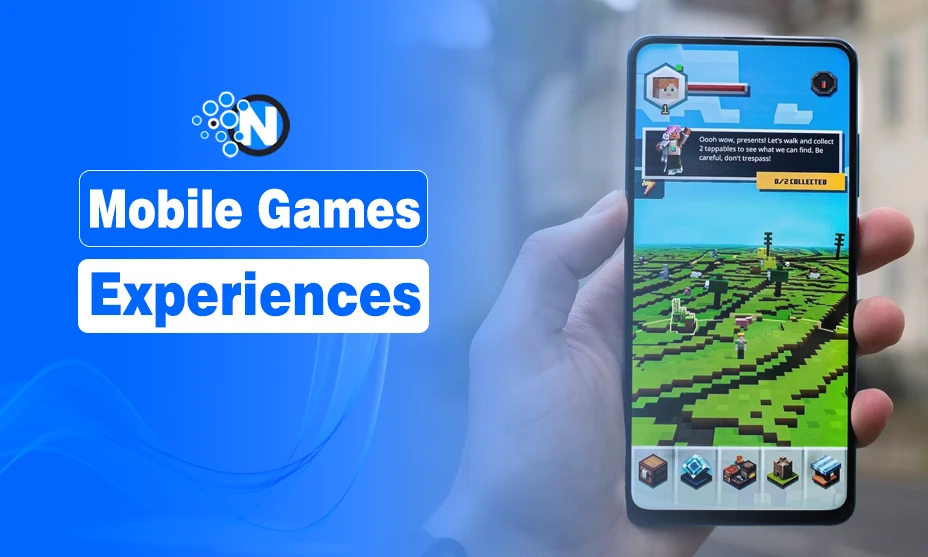Perfecting Play: How QA Shapes Mobile Game Experiences

Mobile games captivate millions with engaging storylines, innovative mechanics, and vibrant graphics. Yet, players’ dazzling experiences are only possible with the relentless efforts of quality assurance (QA) testers. These unsung professionals ensure that every detail, from seamless mechanics to flawless graphics, aligns to create a cohesive experience.
QA teams are central to game development. They dive deep into the gameplay, testing every scenario and device to identify issues that could detract from the player experience. Their work is the foundation of great mobile games, from early prototypes to polished releases.
For developers looking to elevate their games, partnering with specialists such as mobile game testing services ensures comprehensive testing tailored to every process stage. This partnership helps bring games to life with precision and reliability.
The QA Journey: Merging Creativity with Precision
The lifecycle of a mobile game starts with an idea — an ambitious concept that developers nurture into reality. QA teams enter the picture as the game takes shape, rigorously analyzing functionality, performance, and user experience.
Imagine testing a mobile puzzle game with intricate mechanics. Testers meticulously navigate levels to uncover issues such as inconsistent difficulty curves or glitches during complex animations. Their feedback identifies problems and enhances the gameplay experience, ensuring players remain engaged and entertained.
Beyond finding bugs, QA professionals act as curators of fun, ensuring every interaction feels rewarding. Their insights shape the game in ways that resonate with players.

Emotional Commitment: The Testers’ Perspective
QA testers form a deep connection with the games they help create. This isn’t just a technical task, it’s a labor of love that often involves weeks of exhaustive testing to polish every detail. Their emotional investment runs high, knowing their work directly affects how players perceive and enjoy the game.
Consider a moment when a tester identifies a critical bug mere days before launch. Although the stress is immense, the satisfaction of delivering a perfect product outweighs the challenges.
Watching players immerse themselves in an error-free world they helped refine is a reward that keeps testers motivated.
Global Perspectives in QA Testing
Mobile games transcend cultural boundaries, and QA testing reflects this diversity. In some regions, aesthetic design takes precedence, while gameplay mechanics or narrative coherence dominate in others. For example, in South Korea, testers might emphasize action-packed mechanics, whereas in Europe, story-rich elements might take priority.
This cultural blend enhances games, making them appealing to broader audiences. A global perspective during testing ensures every detail is noticed, regardless of where a game might find its players.

Innovations Driving Mobile Game QA
As mobile games evolve, so too does the technology behind their testing. AI-driven tools can now automate repetitive tasks, allowing human testers to focus on complex elements like user experience and emotional engagement. AI can simulate thousands of scenarios in minutes, detecting potential issues that traditional methods might miss.
Sustainability has also emerged as a priority. Developers are integrating eco-friendly practices, from energy-efficient testing environments to optimized code that reduces resource consumption. These efforts reflect the gaming industry’s growing commitment to environmental responsibility while ensuring high-quality products.
The Importance of Beta Testing
One of the final steps in mobile game development is beta testing, where a select group of players provides real-world feedback. This phase often reveals unexpected issues, such as user interface challenges or unforeseen performance bottlenecks, which QA teams may have overlooked.
For instance, during multiplayer game beta testing, players might report lag issues that occur only under specific conditions. This feedback allows developers to make necessary tweaks, ensuring smooth gameplay before the game’s official release. Beta testing not only refines the game but also builds anticipation and loyalty among early adopters.
The Future of QA: An Essential Craft
QA testers’ work is essential in shaping the mobile gaming experiences millions of players cherish daily. They operate at the intersection of technology, creativity, and player psychology, ensuring games are playable and enjoyable.
As technology advances, the tools at testers’ disposal will only improve, enabling faster and more effective testing. However, their role as stewards of quality, creativity, and fun will remain irreplaceable. The next time you play a flawless mobile game, take a moment to appreciate the hidden architects who made it possible.
Conclusion:
QA is an important factor in mobile gaming. It allows professionals to test the developed game to understand whether or not it is up to the standards. There are different factors that QA professionals have to go through. These factors are usually covered once the game has been developed.
As a person working in the gaming industry, understanding the ins and outs of this role is extremely important for you.




